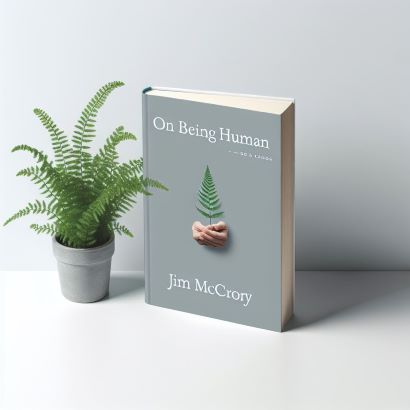"Comparison is the thief of joy." —Theodore Roosevelt

Image generated with Copilot
I never got a gold star at school, and truthfully, I never wanted one. But I’d watch, detached, as some eager child proudly flaunted their star in the playground, an easy target for the trolls of envy who would approach at breaktime. “You got a gold star, and I didn’t!” a girl would sneer in a shrill, mocking voice, while the star-winner, at first so pleased, seemed to shrink. Often, by the end of the day, some boy would rip the victim’s jotter in secret, leaving a torn reminder of their "success."
This petty cruelty speaks to something deeper. The Greeks had a word for it: phthonos. Envy, in this sense, goes beyond mere jealousy; it has a twist of ill will and spite. And it’s not just an emotion—it gravitates toward action, leaving scars on both the victim and the one consumed by envy.
The truth is the playground is just a smaller version of the wider world. The same dramas play out in adult life, though with larger stakes. How much is so-and-so worth? Look at her—she’s had liposuction. Did you see how worn-out she looks at sixty? Look at their new pool. Just like in the playground, adults, driven by envy, often undermine others to dull the sting of comparison. Yet, by tearing down others, they sink into unhappiness themselves.
This cycle is painfully familiar. We’re content living alongside our neighbours—until someone installs a sleek new conservatory or upgrades to a luxury car. Suddenly, our contentment plunges. The whispers start, the frostiness creeps in. In the workplace, it’s no different. We’re content—until someone gets that raise. Then our inner scales of happiness dip once again.
Envy thrives on comparison, and it sours our happiness by constantly shifting our focus to what others have. But if you look closely, the happiest people are those who are content, unhooked from comparison. Happiness or misery lies in our own hands, within our control.
There’s wisdom in the Psalmist’s prayer: “Turn my eyes away from worthless things” Psalm 119:37, BSB. Contentment, like envy, starts with where we place our gaze. True peace lies not in what others have or how they fare, but in finding renewal in a higher path, free from the bitterness of comparison.
